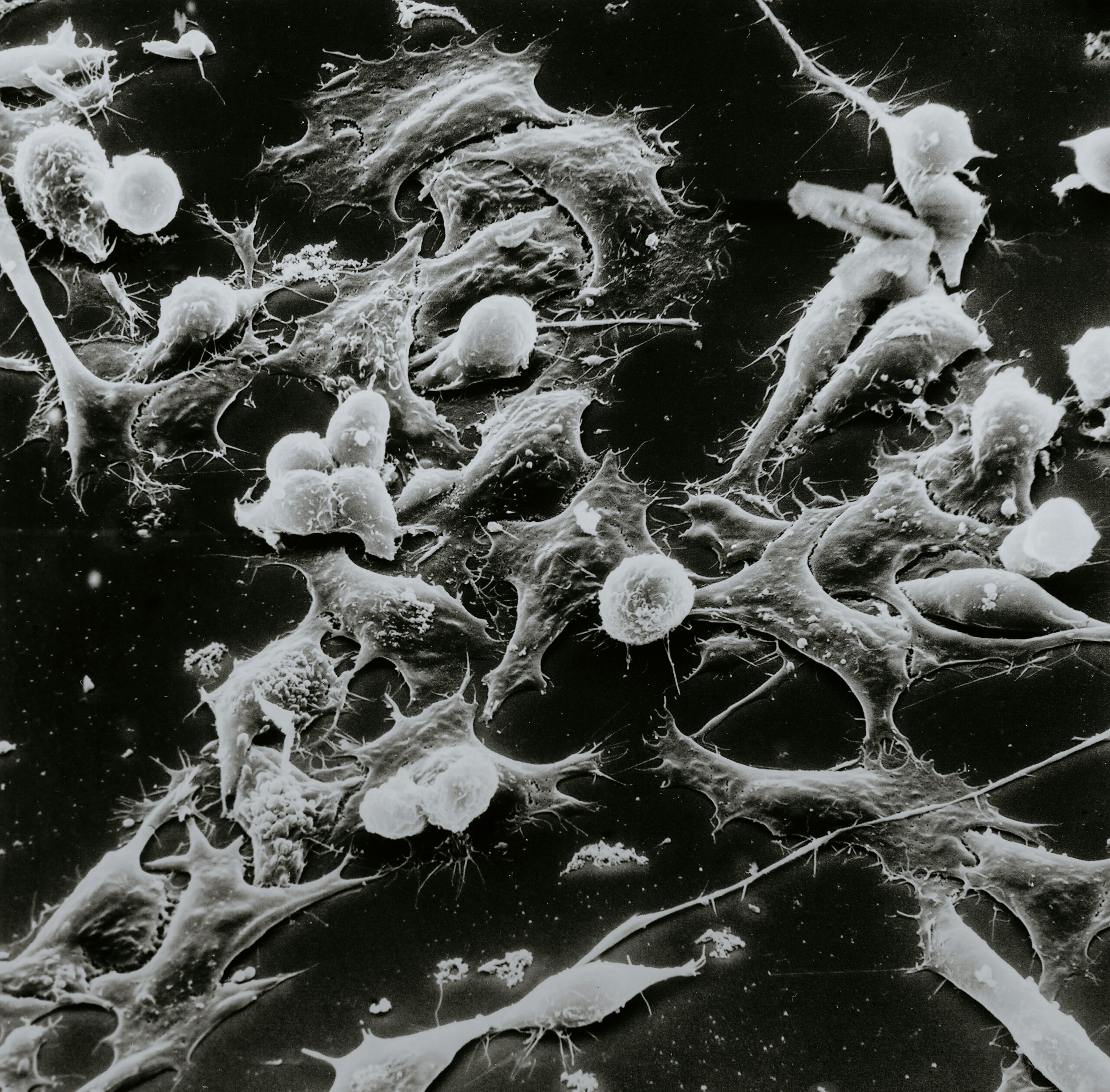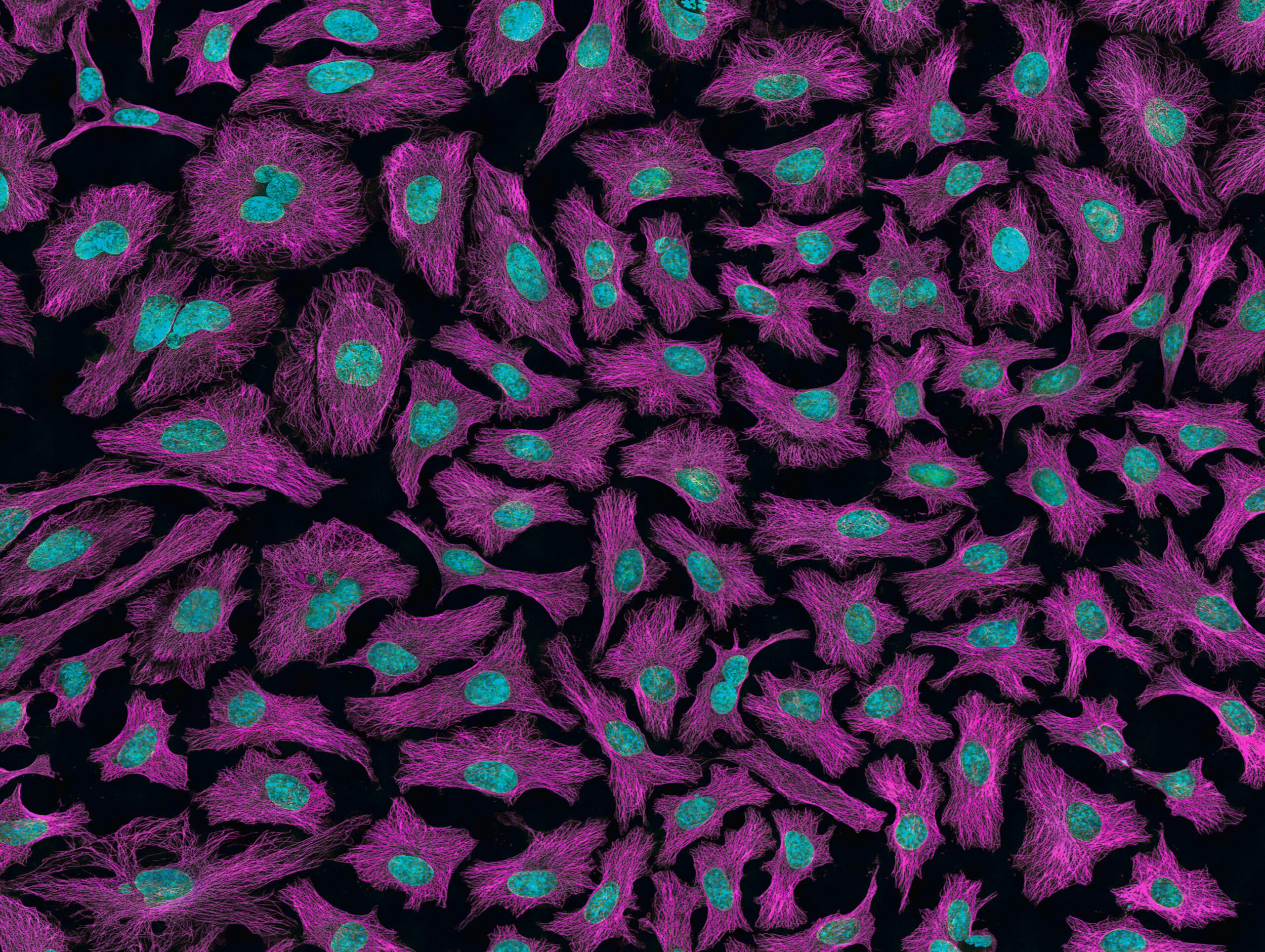Have you ever wondered what the symptoms of advanced prostate cancer could be? Understanding this can be crucial, especially if you or someone you know is dealing with this condition. Advanced prostate cancer, which indicates that the cancer has spread beyond the prostate gland, can present a variety of symptoms, and being aware of these can help in seeking timely medical advice. Let’s explore these symptoms to give you a clearer picture of what might be experienced during this stage of the disease.

Understanding Prostate Cancer
Prostate cancer begins in the prostate gland, a small walnut-shaped gland in men that produces seminal fluid, which nourishes and transports sperm. It's one of the most common types of cancer in men, often growing slowly and initially remaining confined to the prostate gland, where it may not cause serious harm. Early-stage prostate cancer typically doesn't show symptoms, which is why regular screening is recommended for early detection.
Progression to Advanced Stages
When prostate cancer advances, it means the cancer cells have spread beyond the prostate to other parts of the body. This progression can lead to a variety of symptoms, depending on where the cancer has spread. The most common areas prostate cancer spreads to are the bones and lymph nodes.
Symptoms of Advanced Prostate Cancer
The symptoms associated with advanced prostate cancer are diverse and can significantly impact a person's life. Being attentive to these symptoms can aid in managing the condition effectively.
Pain and Discomfort
One of the primary symptoms of advanced prostate cancer is pain, which can manifest in several parts of the body.
- Bone Pain: This is a common symptom in advanced prostate cancer due to the cancer spreading to the bones. You may experience aching or tenderness in the hips, back, chest, or other areas.
- Pelvic Discomfort: Discomfort or pain in the pelvic area might indicate the spread or growth of the cancer.
The intensity and location of pain may vary among individuals, but it's crucial to report persistent pain to your healthcare provider.
Urinary Symptoms
Changes in urinary habits can signal advanced prostate cancer. These symptoms often occur due to the tumor pressing on the urethra or due to invasive growth.
- Difficulty Urinating: You may find it challenging to start or stop urination, or feel a weak or interrupted flow.
- Increased Frequency: An increased urge to urinate, especially at night.
- Painful Urination: Experiencing burning or discomfort can be a sign.
- Blood in Urine: Hematuria, or blood in urine, is a symptom that needs immediate medical attention.
General Well-being Affected
Advanced prostate cancer can also affect your general well-being, causing systemic symptoms.
- Fatigue: Persistent tiredness or fatigue that doesn't go away with rest.
- Weight Loss: Unintentional weight loss can occur due to the cancer's progression.
- Nausea: Some individuals experience nausea, possibly related to treatment or the disease itself.
Sexual Functionality
The cancer's proximity to organs involved in sexual function means certain symptoms might affect sexual health:
- Erectile Dysfunction: Difficulty achieving or maintaining an erection.
- Reduced Libido: A diminished interest in sexual activity.
Addressing these symptoms with a healthcare provider can help identify suitable treatment options to manage sexual health.
Symptoms by Location of Spread
Understanding the symptoms based on where the cancer spreads can offer more specific insight.
Bone Metastasis Symptoms
When cancer cells invade bones, they can weaken the structure, leading to:
- Fractures: Weakened bones are more susceptible to breaks.
- Spinal Cord Compression: If cancerous growths press on the spinal cord, it can lead to numbness, weakness, or even paralysis.
Lymph Node Symptoms
If prostate cancer spreads to the lymph nodes:
- Swelling: You might notice swelling in the legs or scrotum.
- Lymphedema: A condition marked by tissue swelling due to lymph buildup.
Lung Metastasis Symptoms
When the cancer reaches the lungs, respiratory symptoms can develop:
- Chronic Cough: A persistent cough that doesn't seem to resolve.
- Breathlessness: Feeling short of breath or having difficulty breathing.
Liver Metastasis Symptoms
If cancer reaches the liver, you might experience:
- Jaundice: Yellowing of the skin and eyes due to liver dysfunction.
- Abdominal Pain: Pain or swelling in the abdomen.
Importance of Early Detection and Management
Recognizing the symptoms early and seeking medical evaluation can not only aid in better management but also improve the quality of life. Regular screening and proactive health checks play a significant role in detecting prostate cancer before it advances.
Diagnostics and Monitoring
Multiple diagnostic tools are available to monitor the progression of prostate cancer:
- PSA Levels: Prostate-specific antigen (PSA) blood tests can help track the presence and growth of prostate cancer.
- Imaging Tests: MRI, CT scans, and bone scans are used to detect the spread of cancer.
Treatment Options
Upon confirming advanced prostate cancer, various treatment approaches are considered to control the disease and alleviate symptoms:
- Hormone Therapy: To reduce levels of male hormones that fuel cancer growth.
- Chemotherapy: Uses drugs to kill cancer cells, often recommended when hormone therapy isn't effective.
- Radiation Therapy: Applied to specific areas to relieve pain or improve symptoms.
- Surgery: In certain cases, removing a portion of the tumor might be necessary.
- Experimental Treatments: Clinical trials may offer access to new drugs and therapies.
Managing Lifestyle and Support
Living with advanced prostate cancer requires an integrated approach involving lifestyle changes and support systems:
- Nutrition and Exercise: Eating a balanced diet and maintaining physical activity can support overall health.
- Support Groups: Connecting with others facing similar challenges can provide emotional support.
- Mental Health: Addressing mental well-being through counseling or therapy can assist in coping with the diagnosis and treatment.

Conclusion
Understanding the symptoms of advanced prostate cancer is key to managing the condition effectively. The symptoms can be diverse, affecting various aspects of your life, but being aware of them can lead to timely interventions and treatment. Regular health check-ups, maintaining an open line of communication with your healthcare provider, and staying informed are critical steps in navigating the challenges that come with advanced prostate cancer. Remember, while dealing with a serious illness can be daunting, numerous resources and treatment options are available to assist you.

